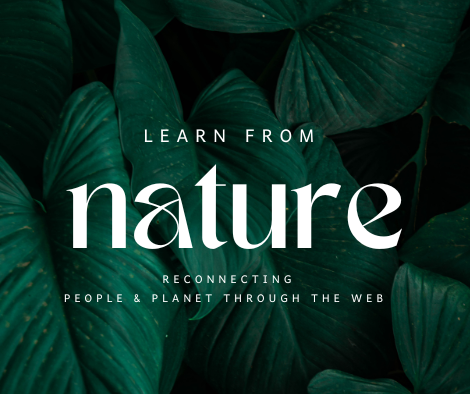With the support of UNESCO, UNDP, the Government of Botswana and local partners, projects to support conservation and sustainable livelihoods of communities have started in the Okavango Delta World Heritage site. The activities, which are planned and led by local civil society organisations, are supported through the Community Management for Protected Areas for Conservation (COMPACT) programme.
Okavango Delta launched its Community Management for Protected Areas for Conservation (COMPACT) programme to support demand-driven small grants for community-based organisations. The programme aims at enhancing the engagement of indigenous peoples and local communities in shared conservation and governance of the UNESCO-designated World Heritage sites and other globally significant protected areas to support conservation and sustainable livelihoods.
Based on an open call for projects, four grantees were selected to benefit from the first round of small grants launched in 2021. The selected projects from the panhandle area of the Okavango Delta focus on the development of an herbarium lab to help safeguard plant species, landscape conservation through the revival of the culture and the use of the Ngongo oil, fish farming in earth ponds as well as wetland restoration.
An award ceremony was organized in October 2021 for the grantees, together with the formal launch of the COMPACT Site Strategy. The Site Strategy, which defines the principles for grant-making in the landscape, was developed through extensive stakeholder consultations in conjunction with the development of the new management plan for the World Heritage property. The launch event was coupled with an induction workshop for the newly approved projects to enhance the capacity of the grantees on effective project management and delivery of impactful and successful projects. The projects will be closely followed for the next two years. The next call for small grants is expected to be launched in 2022.


